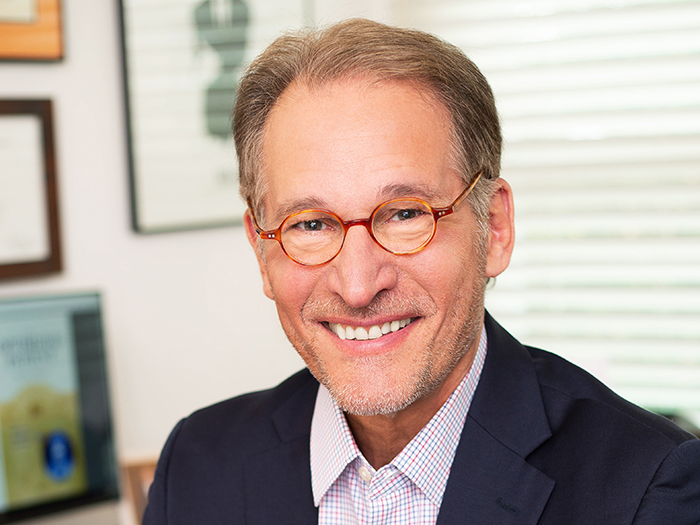Opioid Risks
Latest NFL Suit Reflects Broader Opioid Issues

The problem of over-dependence on opioids in workers’ compensation is well-documented and well-publicized, but it’s being brought to attention in a different light in a recent lawsuit against the NFL.
Nine ex-players are arguing that the league put their health in jeopardy by prescribing powerful painkillers to treat injuries and combining medications into dangerous “drug cocktails” without informing of them of their addictive properties and negative side effects. The plaintiffs allege that “in contravention of Federal criminal laws, the NFL has intentionally, recklessly and negligently created and maintained a culture of drug misuse, putting profit in place of players’ health.”
Lots of questions will need to be answered before it can be determined whether the suit holds any water. Are players considered employees of the NFL? Were the prescribing practices of their treating physicians actually illegal? Should the players have taken a more active role in determining their treatment and ability to play? Can they prove that any ongoing health issues are the result of treatment they received as players?
The league will likely use exclusive remedy as their defense, an approach challenged by the concussion lawsuit settled last year, which the league ultimately settled by establishing a fund for the treatment of former players. The strength of the exclusive remedy defense will hinge upon whether team physicians broke the law by distributing addictive painkillers and not fully educating players about their side effects.
“In the NFL and other sports, if you’re a starting player and hurt your hamstring, there are three other guys that will take your place if you don’t get back on the field.” — Mark Pew, senior vice president, PRIUM
That defense may also be weakened by an Aug. 13 ruling out of a Miami-Dade circuit court that declares Florida’s exclusive remedy provision unconstitutional on the grounds that the state’s benefits to injured workers have gradually eroded. Judge Jorge E. Cueto’s ruling states that “the benefits in the act have been so decimated, since its implementation 40 years ago, “that it no longer provides a reasonable alternative” to civil court.
Opioid Problem Persists
The lawsuit highlights the unique environment that professional sports players work in.
“Players are hyper motivated to get back on the field,” said Mark Pew, senior vice president at PRIUM. “The average worker doesn’t necessarily lose their job if they get injured. Those that don’t have the discipline to get back to work, they get comfortable staying at home. In the NFL and other sports, if you’re a starting player and hurt your hamstring, there are three other guys that will take your place if you don’t get back on the field.”
With their own trainers, physical therapists and physicians on staff, pro sports teams are also insulated from the general healthcare system. The plaintiffs allege that teams kept poor records of treatment history and “directly and indirectly” supplied players with un-prescribed narcotics to manage pain, a violation of federal drug laws. The “constant diet” of pain pills led some of the players into full-blown addiction.
Though players’ circumstances differ dramatically from the average worker’s, the suit reflects conversations taking place across the country about misuse of opioids in workers’ compensation.
“A 2013 NCCI study found that prescription drugs were 18% of all medical costs in workers’ comp, which is very high when you take into account all the expensive medical procedures and treatments that workers’ comp pays for, including catastrophic claims all the way down to sprained ankles,” Pew said.
Payers tend to avoid more conservative treatment options because they have a history of over utilization, and they don’t want to get stuck paying for lifestyle management for the rest of a claimant’s life. Paying for yoga and gym memberships – things that increase functionality and flexibility and can help manage chronic pain – are seen as too alternative.
But, as Pew said, “the pendulum is beginning to swing in the other direction.” Just as exclusive remedy comes under fire, more workers’ comp payers and healthcare providers are seeking ways to reduce dependence on opioids and pursue more conservative treatments like physical therapy to deal with chronic pain.
Even the pro sports leagues.
“Sports teams have everything at their disposal to go with more conservative options,” Pew said.
“Everyone owns their own healthcare. You should question the treatment that’s been provided. Though there’s still a concept that doctors are never wrong, patients need to understand treatment options.”










